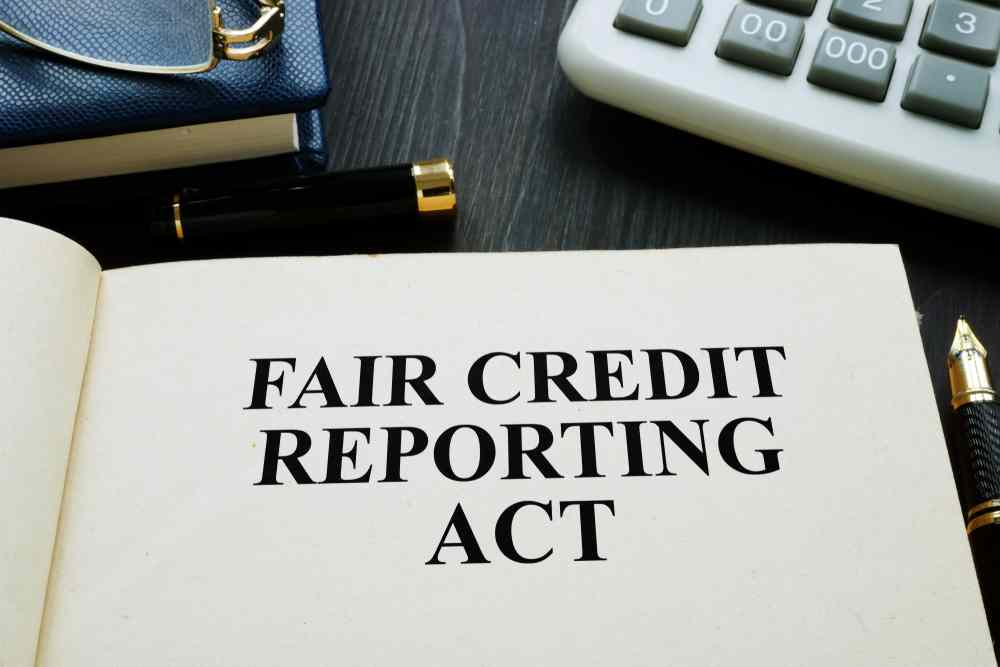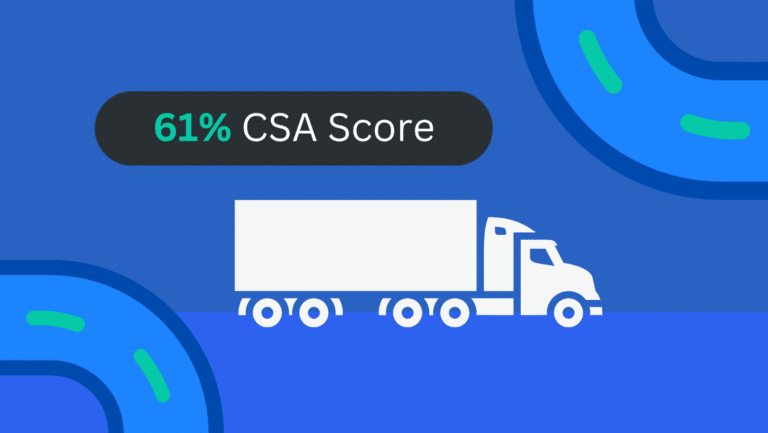How Your Company Can Avoid an FCRA Lawsuit?

As of September 2018, a new FCRA disclosure has taken effect, but many companies have yet to update their new hire paperwork. According to WebRecon LLC, 2017 was the 17th year in a row FCRA compliance litigation has risen with a 42 percent increase in the last three years alone. Well-known companies like Uber, J.P. Morgan, and Avis saw multi-million dollar settlements for FCRA noncompliance issues. The importance of this small part of the hiring/firing process is lost on many large corporations because they do not take the time to read the fine print.
What is the Fair Credit Reporting Act (FCRA)?

According to the Federal Trade Commission, the federal Fair Credit Reporting Act (FCRA) promotes the accuracy, fairness, and privacy of information in the files of consumer reporting agencies. There are many types of consumer reporting agencies, including credit bureaus and specialty agencies (such as agencies that sell information about check writing histories, medical records, and rental history records).
As an employer, why is this important to me?
If you do not provide this to your new hires and anyone who has been terminated due to the results of their background check (including Motor Vehicle Records), you could face a class action lawsuit and public relations nightmare. Just as it is important for you to know your rights, your employees need to know theirs as well.
What are the rights of employees?
If you do not provide this to your new hires and dismissed employees due to the results of their customer reports (MVR), you could face a class action lawsuit and public relations nightmare. Just as it is important for you to know your rights, your employees need to know theirs as well.
- You must be told if information in your file has been used against you.
- You have the right to know what is in your file. You may request and obtain all the information about you in the files of a consumer reporting agency (your “file disclosure”).
- You have the right to ask for a credit score.
- You have the right to dispute incomplete or inaccurate information.
- Consumer reporting agencies must correct or delete inaccurate, incomplete, or unverifiable information.
- Consumer reporting agencies may not report outdated negative information.
- Access to your file is limited. A consumer reporting agency may provide information about you only to people with a valid need – usually to consider an application with a creditor, insurer, employer, landlord, or other business. The FCRA specifies those with a valid need for access.
- You must give your consent for reports to be provided to employers.
- You may limit “prescreened” offers of credit and insurance you get based on information in your credit report.
What was updated in the September 2018 FCRA disclosure?
According to the Society of Human Resource Management, the form titled “A Summary of Your Rights Under the Fair Credit Reporting Act” has been updated to include information about security freezes and fraud alerts, stemming from a law passed in May 2018 in response to high-profile data breaches. This section is specific to the employment screening process in stating that background check companies must provide employers with the proper form to give to their applicants.
Stay up to date on the latest changes in order to avoid FCRA lawsuits. Make sure you give the revised model summary of rights to all job applicants and employees who have not been hired or have been fired based on the results of a background check. This information will tell them their rights if they want to dispute the information on their record. Not providing your prospective or current employees with this information could land your company in a class action lawsuit. Avoid FCRA lawsuits by reviewing the Sept 2018 disclosure, knowing your rights, and the rights of your employees.
*We are not lawyers. Consult with your legal counsel to ensure your processes and procedures meet/ or exceed safety standards and compliance regulations. Please read our legal disclaimer.






